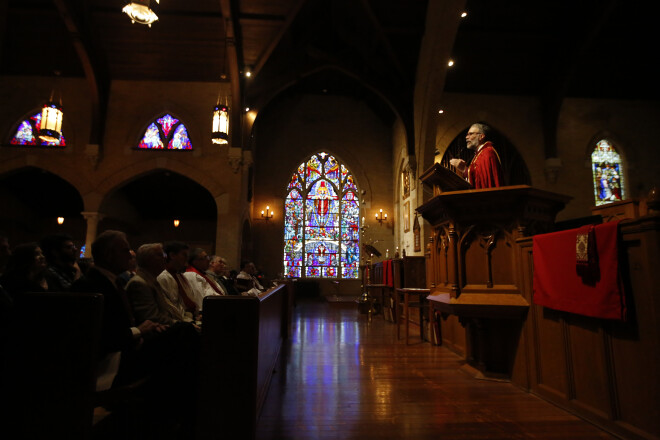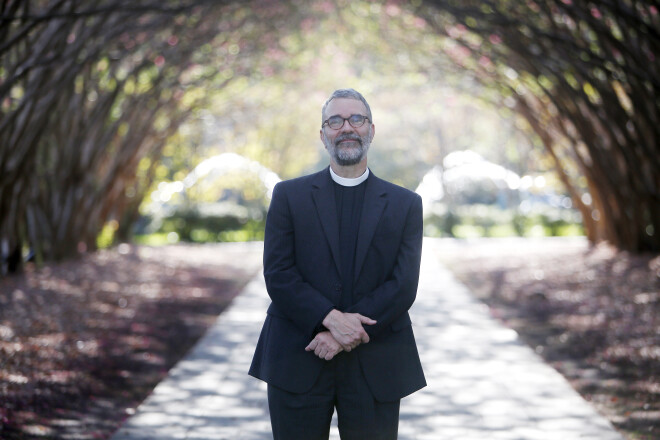A Modest Proposal

In this era of fake news, we must be vigilant against politically motivated literature. With this in mind I recently came across a most dubious show. It depicts an accountant who takes care of London's most wealthy. In those olden days the captains of industry were allowed to pass on their vast sums without fear of taxation. His assistant, a man called Cratchett, had a handicapped son who lost his insurance because the same parliament said it couldn't afford it. Some urchins in their street had been brought to the great city as infants but now faced deportation, while others begged since the welfare from the poorhouses was also being cut. Even worse, the show had a ghost of the future who said people would remember the old man ill - what a cruel thing to say!
My modest proposal is that some reasonable newspaper buy out those malcontents producing such a show. and while they're at it, cut all this christmas cheer humbug.




